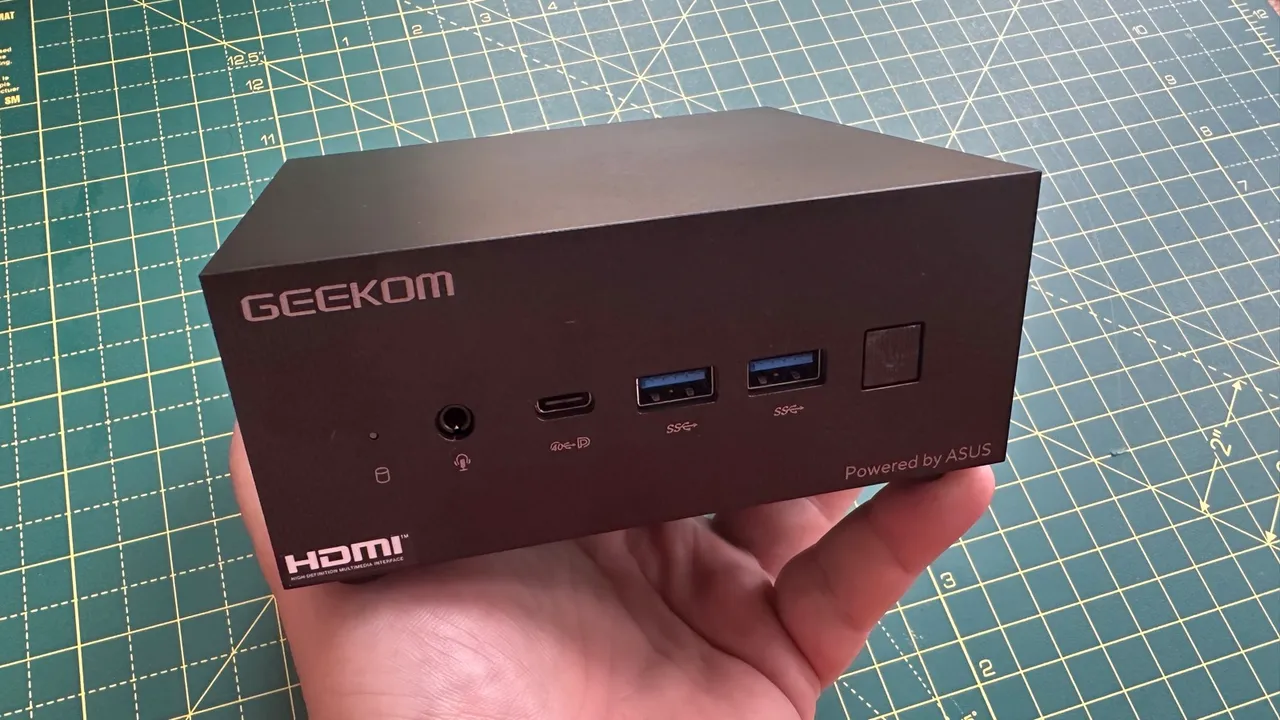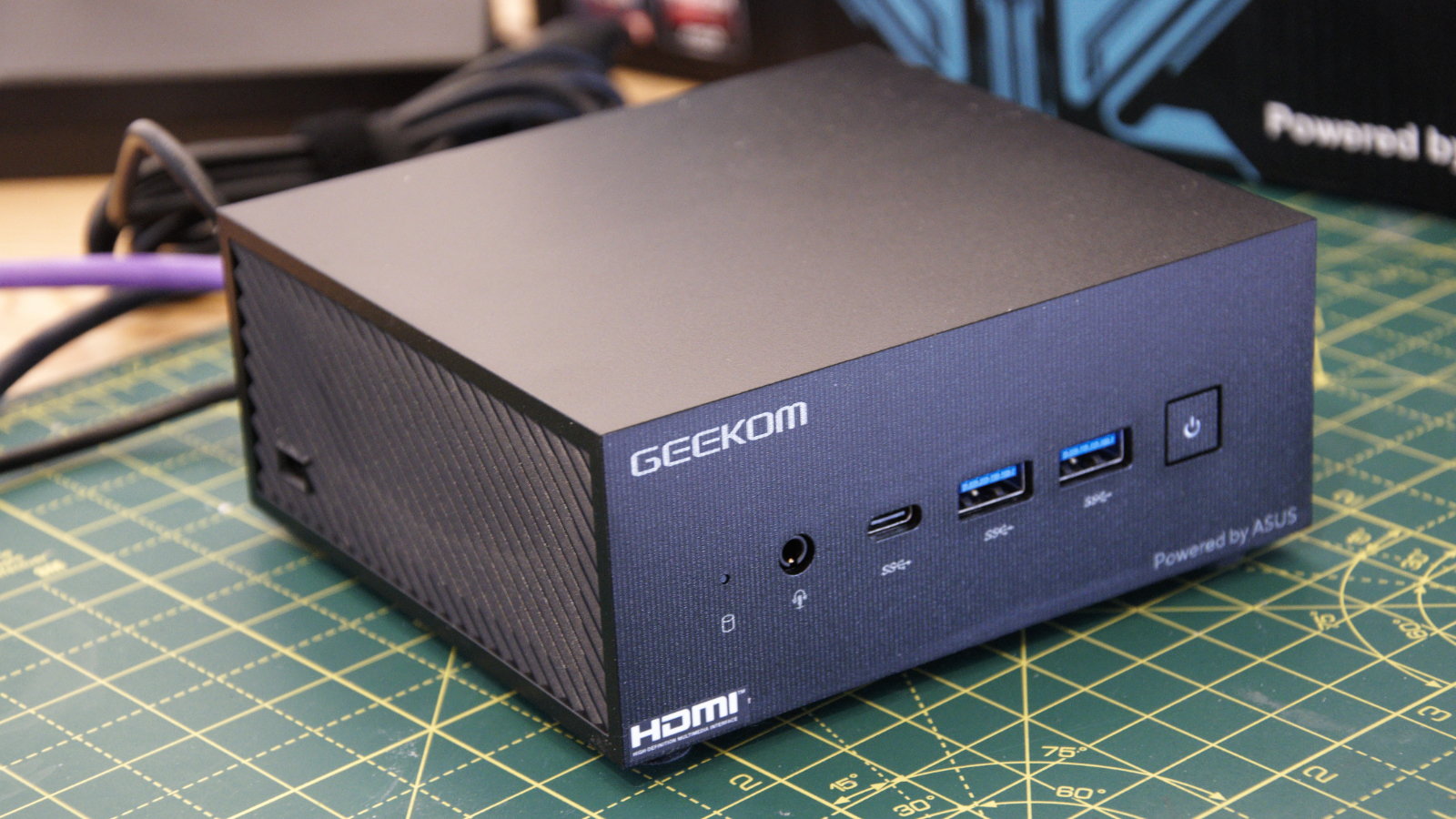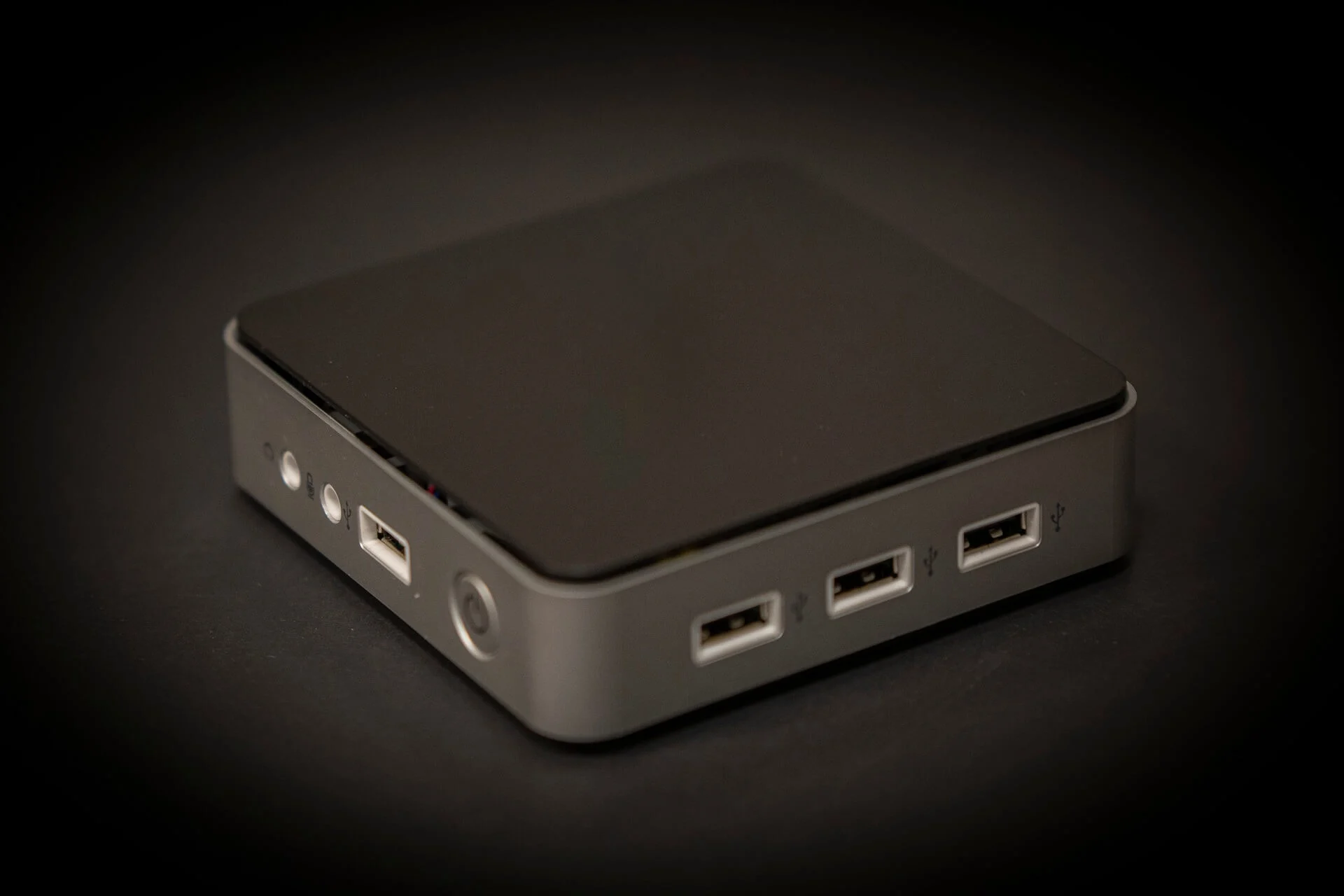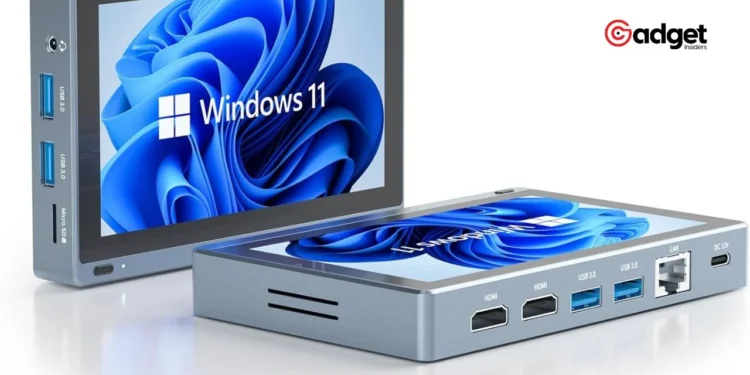When it comes to mini PCs, Windows stands out not only for its ubiquity but also for its expansive application ecosystem. As the world’s most popular operating system, Windows hosts the largest network of developers, leading to an unparalleled variety of applications. This is particularly significant in enterprise environments where the availability of specific applications can dictate efficiency and productivity.
While mainstream applications are often supported across different platforms, Windows exclusively offers essential business tools such as Microsoft Publisher and Access. These applications are indispensable in many professional settings and remain absent on competitors like macOS or Linux.
For businesses entrenched in decades-old workflows, the seamless functionality of these apps on Windows is a compelling reason to stay within the ecosystem.

The Edge of Upgradability
Beyond software, hardware flexibility plays a crucial role in the longevity and utility of a mini PC. Windows-based mini PCs typically offer more upgrade options compared to their Apple counterparts, such as the Mac Mini, which is known for its limited hardware scalability. The Geekom Mini IT13, for example, is not just a compact powerhouse but also allows users to upgrade RAM and storage, ensuring that the device can evolve with changing needs.
This aspect of Windows mini PCs is especially appealing for users who wish to extend the lifecycle of their devices through upgrades, rather than facing the costly cycle of frequent replacements.

Superior Driver Support Ensures Smooth Operation
Driver support is another critical factor where Windows excels. The majority of PCs are manufactured with Windows in mind, which means they are optimized for the OS from the ground up. This integration ensures that drivers are readily available and that devices operate smoothly out of the box.
In contrast, Linux users might find themselves grappling with driver compatibility issues, especially with less common hardware. Similarly, the macOS ecosystem, while tightly integrated, does not support the use of external GPUs on its newer models, limiting performance enhancements for demanding applications like high-end gaming or graphic design.
#BonPlane Mini PC Ouvis F1A (Intel Core Ultra 5 155H 16 coeurs, 16 Go RAM, GPU Arc 8, SSD 1 To, Windows 11 Pro) à 799 € chez GeekBuying Europe au lieu de 930 €. Un PC dernière génération performant, silencieux et qui ne prendra pas de place ! https://t.co/cibeRtYl06 pic.twitter.com/ClleoImWRx
— PC Astuces (@pcastuces) May 13, 2024
A Gamer’s Paradise
Speaking of gaming, Windows indisputably leads the pack. The vast majority of games are developed with Windows as the primary platform, from blockbuster titles like ‘Elden Ring’ and ‘Spider-Man’ to thousands of indie games. This makes Windows the go-to choice for gamers who demand broad access to the latest and most diverse gaming library.
The compatibility with external GPUs further amplifies this advantage, allowing gamers to boost their system’s graphics performance significantly, a feature sorely missing in macOS and only partially supported on Linux.

Conclusion: Windows as the Preferred Choice for Mini PCs
The debate over the best OS for mini PCs often circles back to user needs and preferences. However, when it comes to a versatile, upgradable, and robust computing experience, Windows clearly holds the upper hand. Whether you’re managing a business, gaming, or simply seeking a reliable and flexible computing solution, Windows-based mini PCs offer compelling advantages that are hard to overlook.
For those contemplating the acquisition of a new mini PC, considering these factors will help ensure that you choose a system that not only meets but exceeds your expectations.










